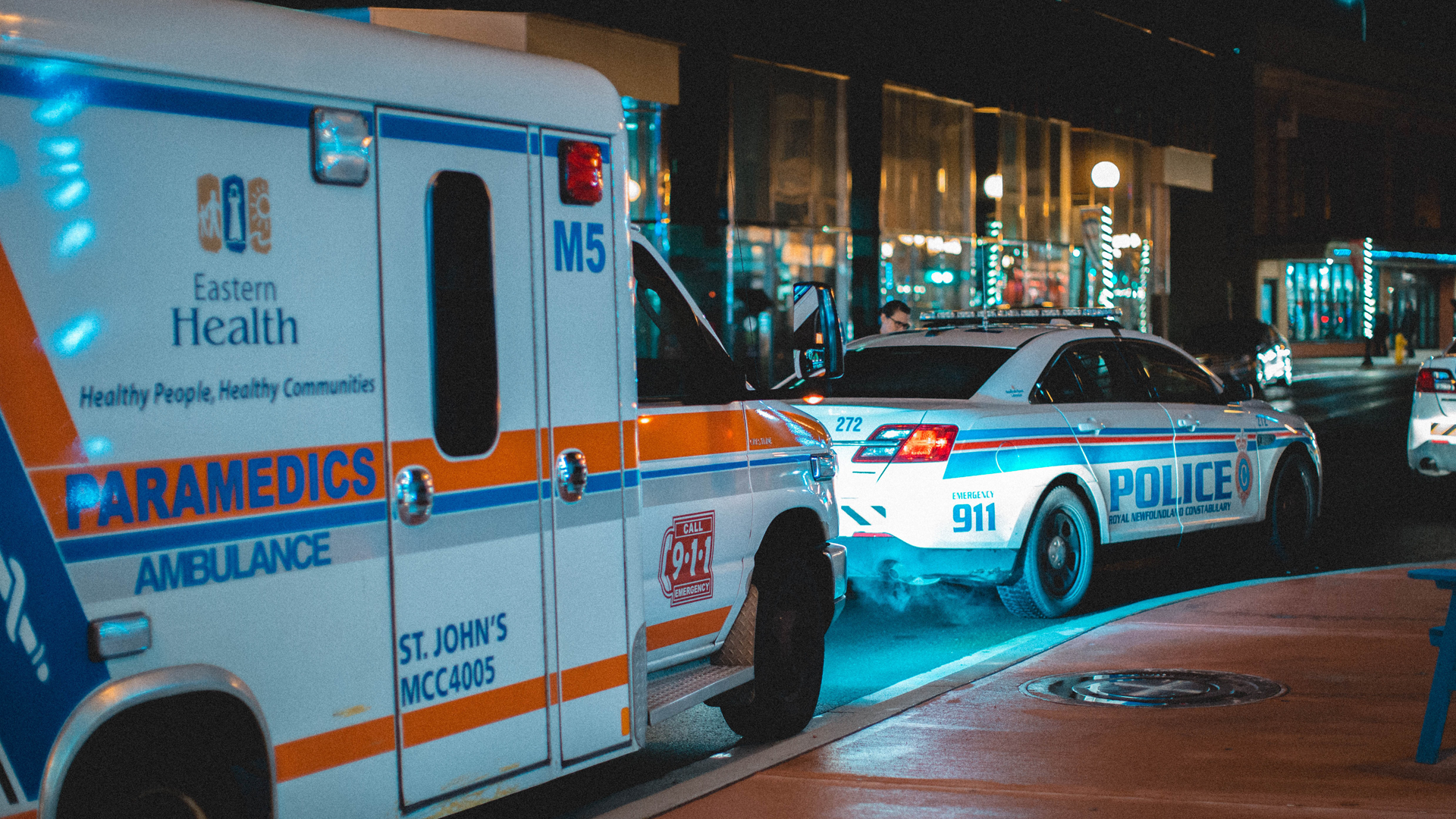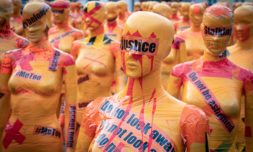A pilot scheme in New York City – which sent non-police teams to deal with mental health calls – has already shown positive results.
Data has shown that teams involved in the new B-HEARD scheme in New York City were more successful in getting individuals adequate medical assistance than regular police forces. There were also less hospitalisations overall across the board.
The scheme, B-HEARD (Behavioural Health Emergency Assistance Response Division), was a pilot program that replaced police officers with social workers and mental health professionals in response to 911 calls of mental health crises.
Intended to ‘de-escalate emergency situations and provide immediate care’, B-HEARD was first launched in East Harlem and parts of Central and North Harlem, and currently operates 7 days a week and 16 hours a day.
The B-HEARD teams include two EMT (ambulance technicians/paramedics) and a mental health professional, who are trained to respond to a range or health problems such as suicide ideation, substance misuse, and mental illness.




















